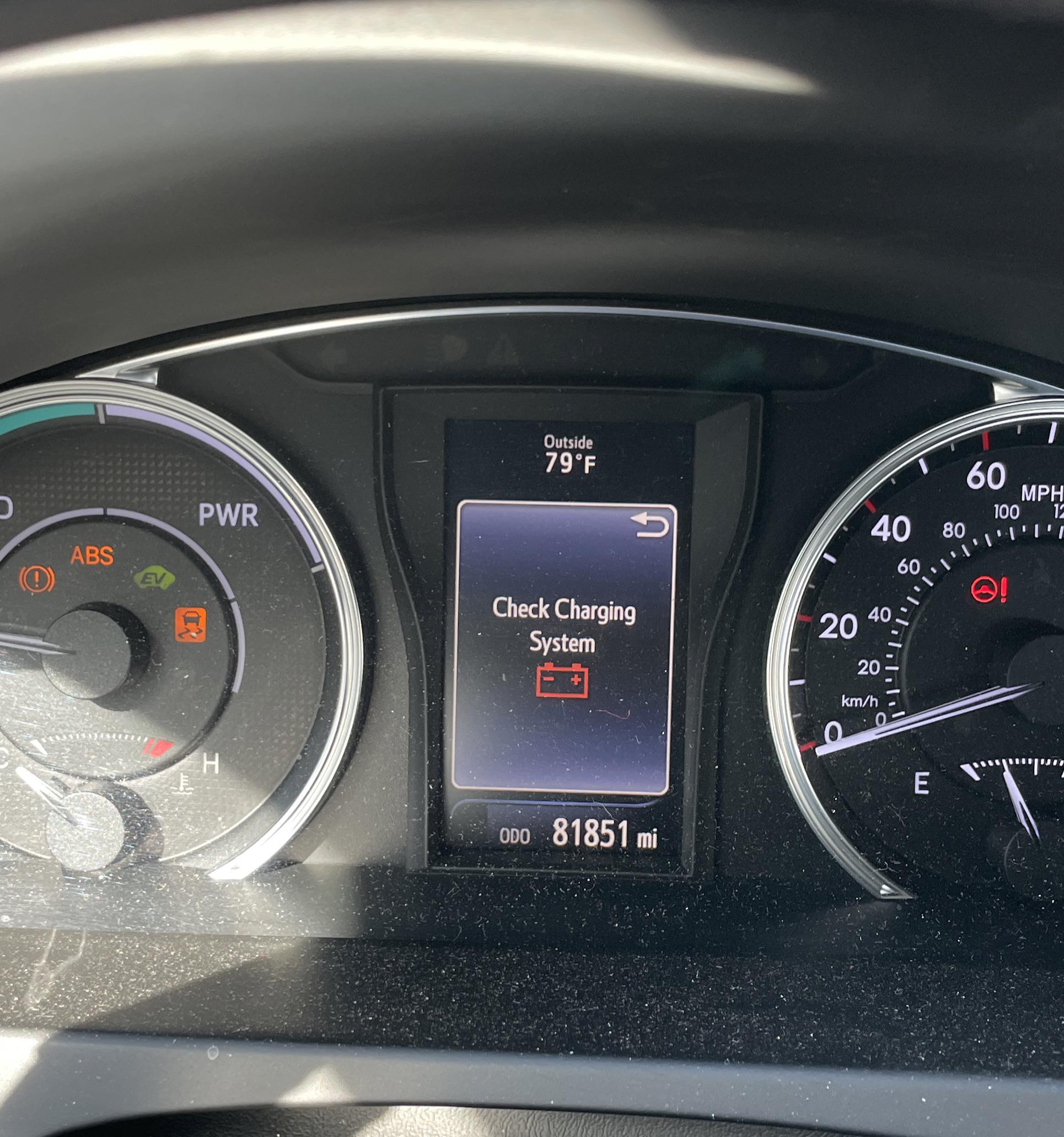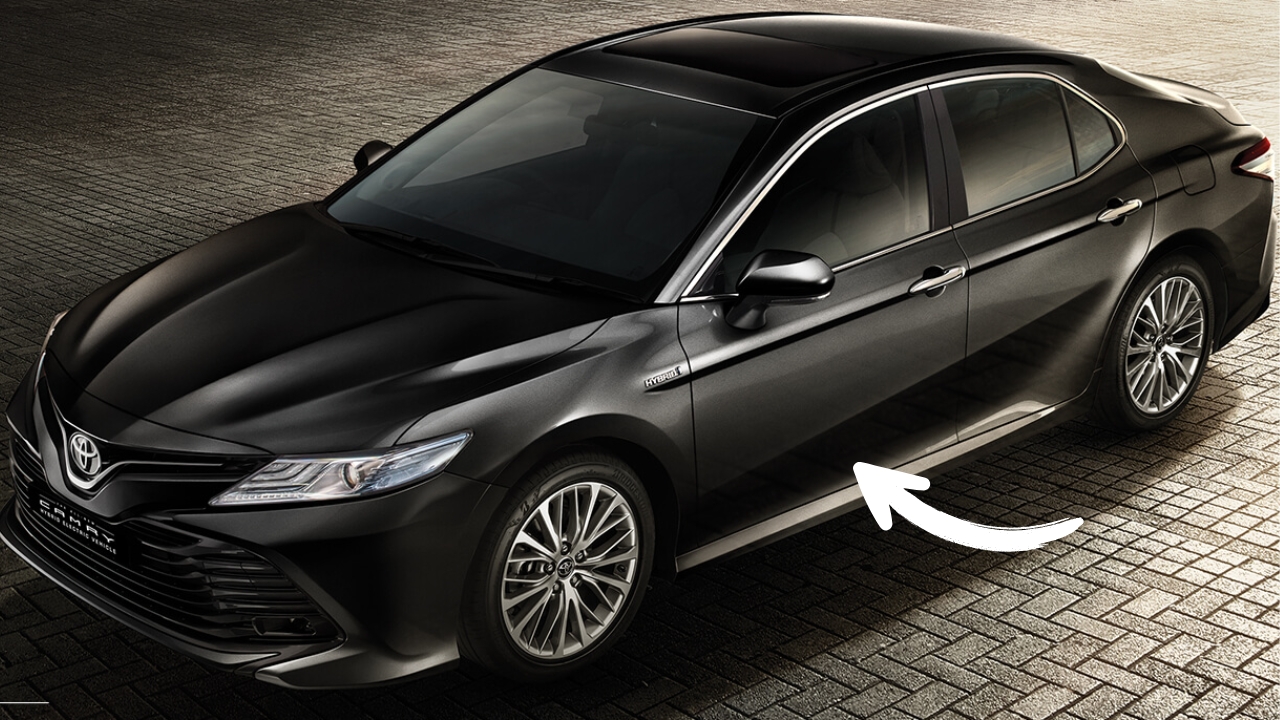The Toyota Camry is a household name in Australia, renowned for its reliability, efficiency, and widespread use, particularly among fleet operators and ride-share drivers. In 2025, the Camry has transitioned to a hybrid-only lineup, featuring Toyota’s fifth-generation 2.5-litre Hybrid Electric powertrain.
However, there is no fully electric (EV) version of the Toyota Camry currently available in Australia. Despite this, the question of charging costs for electric vehicles (EVs) remains relevant, especially as Toyota continues to expand its electrified offerings, such as the bZ4X electric SUV.
This article explores the hypothetical cost of charging a fully electric Toyota Camry in Australia, based on current EV charging trends, electricity tariffs, and insights from Toyota’s electrified vehicle lineup. Since no Camry EV exists, we’ll use comparable EV models and data to estimate costs, providing a comprehensive guide for Australian consumers.
Understanding EV Charging Costs in Australia

To estimate the cost of charging a hypothetical Toyota Camry EV, we need to consider several factors: the vehicle’s battery size, electricity tariffs, and whether charging occurs at home or via public charging stations. These elements vary significantly depending on location, time of day, and the type of charger used.
Key Factors Affecting Charging Costs
Battery Size
The battery size of an EV, measured in kilowatt-hours (kWh), determines how much electricity is required to fully charge it. For this analysis, we’ll assume a hypothetical Camry EV has a battery capacity similar to mid-sized electric sedans in Australia, such as the Tesla Model 3, which has a 57.5 kWh battery. This is a reasonable benchmark, as a Camry EV would likely target a similar market segment.
Electricity Tariffs
Electricity costs in Australia vary by state and provider. As of 2025, the average residential electricity rate is approximately 30 cents per kWh, though this can drop to 20 cents per kWh during off-peak periods or rise to 45 cents per kWh for public chargers. Solar-equipped households may reduce costs further by charging during the day using excess solar energy.
Charging Location
Charging at home is typically the most cost-effective option, especially with off-peak rates or solar power. Public charging stations, such as DC fast chargers, are more expensive but offer faster charging speeds. Some networks, like Jolt, provide limited free charging (e.g., 7 kWh), but rapid chargers often cost more due to higher power delivery.
Estimating the Cost to Charge a Hypothetical Camry EV

Since the Toyota Camry is not available as a fully electric vehicle in Australia, we’ll base our calculations on a 57.5 kWh battery, mirroring the Tesla Model 3, and apply current Australian electricity rates. The formula for calculating charging costs is straightforward:
Charging Cost = Electricity Cost (cents/kWh) × Battery Size (kWh)
Home Charging Costs
Standard Tariff
Using the average Australian electricity rate of 30 cents per kWh, charging a 57.5 kWh battery from 0% to 100% would cost:
30 cents/kWh × 57.5 kWh = $17.25
This assumes a standard flat tariff and no additional fees. Most EV owners charge at home overnight, taking advantage of lower off-peak rates, which can be as low as 20 cents per kWh. In this case, the cost drops to:
20 cents/kWh × 57.5 kWh = $11.50
Solar-Powered Charging
For households with solar panels, charging during daylight hours can significantly reduce costs. With an additional 1.5 kW of solar panels, EV charging can be nearly free during the day, as excess solar energy offsets grid usage. This makes home charging with solar one of the most economical options for EV owners.
Public Charging Costs
Public charging stations vary widely in cost, depending on the provider and charger type. Standard AC chargers (7–22 kW) typically cost around 45 cents per kWh, while DC fast chargers (50–350 kW) may charge up to 60 cents per kWh or more. For a 57.5 kWh battery:
-
AC Charger (45 cents/kWh): 45 cents/kWh × 57.5 kWh = $25.88
-
DC Fast Charger (60 cents/kWh): 60 cents/kWh × 57.5 kWh = $34.50
Some public chargers, like Tesla’s Superchargers, may cost up to 70 cents per kWh, pushing the cost to $40.25 for a full charge. Additionally, idle fees may apply if the vehicle remains plugged in after reaching full charge, encouraging drivers to free up spaces for others.
Comparing EV Charging to Hybrid Fuel Costs
The 2025 Toyota Camry Hybrid achieves a remarkable fuel efficiency of 4.0L/100km, costing approximately $9.44 per 100 km at an average petrol price of $2.008 per litre. In contrast, a hypothetical Camry EV with a 57.5 kWh battery and a range of approximately 400 km (based on similar sedans) would cost:
-
Home Charging (30 cents/kWh): $17.25 ÷ 400 km × 100 km = $4.31 per 100 km
-
Public DC Charger (60 cents/kWh): $34.50 ÷ 400 km × 100 km = $8.63 per 100 km
This shows that even with public charging, an EV is generally cheaper to run than a hybrid, especially when charged at home.
Toyota’s Electrified Future in Australia
While the 2025 Camry is hybrid-only, Toyota is investing heavily in electrification. The bZ4X, Toyota’s first fully electric SUV, is available in Australia, and the upcoming Urban Cruiser EV may join the lineup. Toyota has pledged that by 2025, every model in its lineup will have an electrified option, though this primarily refers to hybrids and plug-in hybrids (PHEVs). A plug-in hybrid Camry Prime could be a possibility in the future, combining a larger battery with the ability to charge externally, offering a middle ground between the current hybrid and a full EV.
Challenges and Considerations
Battery Longevity
Frequent use of DC fast chargers can impact battery durability, so Toyota recommends prioritizing AC charging when possible. Charging to 80% rather than 100% can also extend battery life, as the final 20% takes longer and generates more heat.
Infrastructure Growth
Australia’s public EV charging network is expanding rapidly, with over 1,000 DC fast charging sites as of 2025, a 74% increase from 2023. This growth supports EV adoption, but public charging costs remain a consideration for drivers without home charging access.
Regional Variations
Electricity prices vary across states. For example, Victoria and South Australia often have lower tariffs than Queensland or New South Wales, affecting overall charging costs. Urban areas also have more public chargers, while rural regions may rely more on home charging.
Practical Tips for Cost-Effective EV Charging
-
Charge at Home: Use off-peak rates or solar power to minimize costs.
-
Leverage Free Charging: Networks like Jolt offer free initial kWh, which can offset costs for short charging sessions.
-
Plan Charging Stops: Use apps like PlugShare to find cost-effective public chargers.
-
Charge to 80%: Stop charging at 80% to save time and preserve battery health.
While a fully electric Toyota Camry is not yet available in Australia, the cost to charge a hypothetical Camry EV with a 57.5 kWh battery would range from $11.50 to $17.25 at home and $25.88 to $40.25 at public chargers, depending on electricity rates and charger type.
Compared to the 2025 Camry Hybrid’s running costs, an EV would offer significant savings, especially with home charging. As Toyota expands its electrified portfolio and Australia’s charging infrastructure grows, the prospect of a Camry EV becomes increasingly plausible.
For now, consumers can apply these cost estimates to similar EVs and leverage Toyota’s hybrid offerings for efficient, reliable driving.
FAQs
How much would it cost to charge a Toyota Camry EV at home?
Charging a hypothetical Camry EV with a 57.5 kWh battery at home would cost approximately $11.50 to $17.25, depending on whether off-peak (20 cents/kWh) or standard (30 cents/kWh) electricity rates are used.
Are public charging stations more expensive than home charging?
Yes, public charging stations typically cost 45–70 cents per kWh, resulting in $25.88 to $40.25 for a full charge of a 57.5 kWh battery, compared to $11.50–$17.25 at home.
Does Toyota offer a fully electric Camry in Australia?
As of 2025, Toyota does not offer a fully electric Camry in Australia. The 2025 Camry is available only as a hybrid, but Toyota’s electrified lineup includes the bZ4X EV and potential future models like the Urban Cruiser EV.

